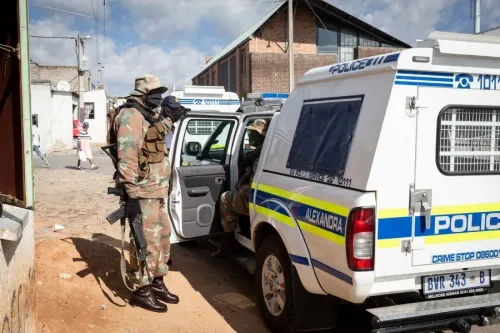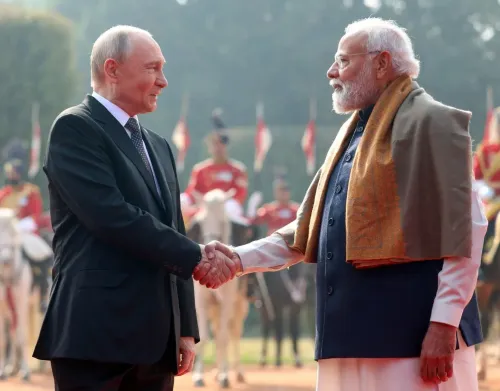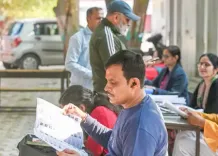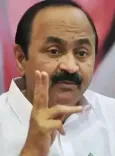Does Pakistan Really Influence India-US Relations?
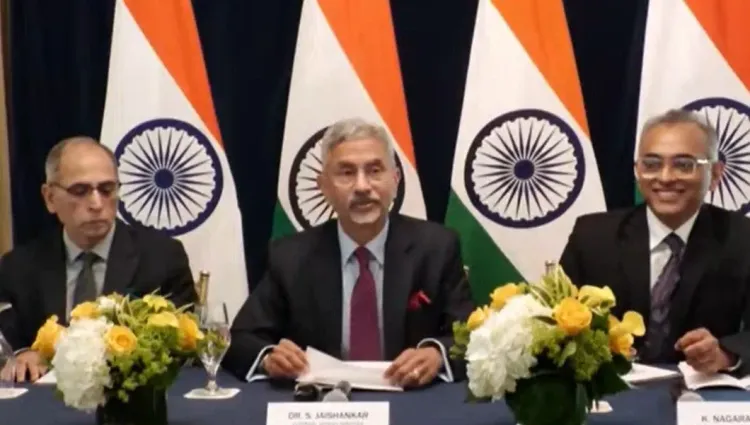
Synopsis
Key Takeaways
- India and the US relationship is independent of Pakistan.
- Self-confidence is crucial for India's global standing.
- Trade and technology are key areas of collaboration.
- Defence and energy discussions are gaining importance.
- Big relationships focus on mutual benefits.
Washington, July 3 (NationPress) External Affairs Minister (EAM) S. Jaishankar has rejected the idea that Pakistan affects the relationship between the US and India, asserting that their ties are based on mutual benefits rather than influenced by third parties.
He also dismissed US President Donald Trump's assertion that he was responsible for establishing a ceasefire between the two nations after Operation Sindoor, emphasizing that the facts are clear.
"I would strongly encourage you to move past the notion that we need to define ourselves in relation to third countries to make progress" in our relationship with the US, Jaishankar stated in response to a question regarding any shifts in relations attributed to Pakistan.
"Significant relationships are not shaped by third countries and their roles," he stressed.
"The key factor in the India-US relationship is, fundamentally, India and the US themselves. It is our mutual benefit that drives this partnership," EAM Jaishankar remarked.
During a press conference on Wednesday, he highlighted that given India's size and influence, there should be an accompanying sense of self-assurance and not evaluate bilateral relations through the lens of other nations.
"We are a major nation. Among the top five economies globally. The most populous nation. Our influence is on the rise," he noted.
"We need to have that confidence."
He asserted that India's relations with the US are evolving around larger issues that will benefit both parties in the future.
"It's about trade, investment, technology, mobility, and energy," the EAM added.
When asked about Trump taking credit for the ceasefire with Pakistan following Operation Sindoor, EAM Jaishankar clarified that he played no role in this.
"The record of events is quite clear," he remarked.
"The ceasefire resulted from negotiations between the Directors General of Military Operations" – Lieutenant General Rajiv Ghai of India and Major General Kashif Abdullah of Pakistan, he stated, adding: "I will leave it at that."
EAM Jaishankar was in Washington to participate in the Quad Ministerial meeting with US Secretary of State Marco Rubio, Foreign Ministers Penny Wong from Australia, and Takeshi Iwaya from Japan on Tuesday.
He noted that the ministers condemned the Pahalgam massacre executed by The Resistance Front, linked to the Pakistan-based Lashkar-e-Toiba.
In individual meetings with Rubio and the two Foreign Ministers, along with US Defence Secretary Pete Hegseth and Energy Secretary Chris Wright, Jaishankar noted, "we effectively conducted a review of the past six months and discussed our future direction."
This included dialogue on trade, investment, technology, defense, security, energy, and mobility, as mentioned by the EAM.
Defence and energy are two topics substantial enough to necessitate separate discussions with Hegseth and Wright, he indicated.



